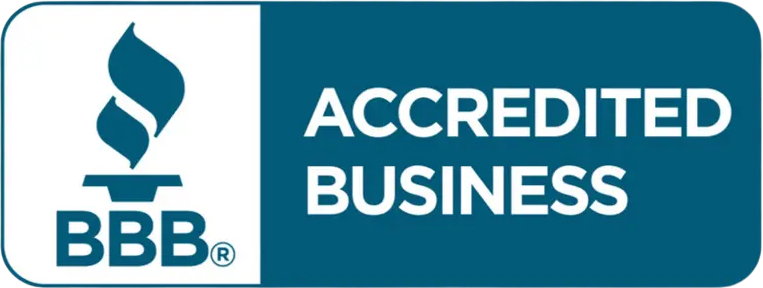Tax Debt Could Affect Your Ability to Travel

Many of you may recall the transportation bill signed into law by President Obama. Did you also know that there is a stipulation in that bill that requires the Internal Revenue Service (IRS) to refer seriously delinquent taxpayers to the U. S. State Department for denial or revocation of your passport. The Fixing America’s Surface Transportation Act (FAST Act), P.L. 114-94, added Sec. 7345, which authorizes the IRS to certify to the secretary of State that a taxpayer is seriously delinquent with his or her taxes. The State Department can then deny, revoke, or limit the taxpayer’s passport. To qualify as a seriously delinquent tax payer, the tax payer must have at least $50,000.00 dollars in outstanding tax debt including interest and penalties. In addition, a notice of a lien must have been filed and all administrative appeal rights exhausted or lapsed, or a notice of a levy filed. It is also required that both the notice alerting the tax payer to the filing of a tax lien, and the notice of the IRS intent to levy must include information relating to Sec. 7345, certification of seriously delinquent tax debt and the denial, revocation, or limitation of passports for individual with such tax liability. It is also required by the U.S. State Department that the Internal Revenue Service provide contemporaneous notice to the taxpayer. Once the State Department receives certification from the IRS, no passport will be issued, and those already issued could become limited or revoked. Under certain circumstances exceptions are made, but these exceptions are generally limited to emergency or humanitarian reasons. If the tax payer is already out of the country, the State Department will limit travel to the tax payers return to the United States. Taxpayers who meet the criteria of “seriously delinquent taxpayer” may be granted an exception if they meet one of the following:
- They requested innocence spouse relief
- Collection activity has been suspended due to a request for a “Due Process” hearing
- They entered into an acceptable payment arrangement referred to as an Installment Agreement (IA)
Though Offer-In-Compromise (OIC) may be a suitable resolution and worth pursuing, waiting for the outcome of a submitted offer does not stop the State Department from affecting a seriously delinquent tax payer’s ability to travel. Unfortunately, the only way to reverse certification once it has been made is to resolve the outstanding debt either by paying the debt in full, entering into an Installment Agreement, being granted Innocent Spouse Relief, or successful Offer-In-Compromise. Even if you pay the debt down below the $50,000.00-dollar amount, the certification will remain in place until the debt has been paid-in-full. Once the tax liability has been resolved, the IRS must contact the State Department to withdraw the certification. Liens and Intent to levy notices sent prior to the effective date of the above bill (December 4, 2015) should not cause the taxpayer to become certifiable due to the lack of required language in notices sent. If you find yourself in the aforementioned situation, here is a few things you could do to help. Please note that nothing in this article in any way overrides the advice from a licensed tax professional. The first thing to consider is proper planning. This will help you stay current with your tax obligation(s), and avoid the situation before it gets out of hand. Secondly, if you can’t pay the balance in full try to get the balance below the $50,000.00-dollar mark before certification takes place. Remember, if the balance is below that amount you’re not in danger of being certified. It’s only after certification that reducing the balance has no affect. Next, you can avoid certification by entering into Installment Agreement, requesting innocent spouse relief, requesting “Due Process” hearing, and requesting an Offer-In-Compromise (OIC).
Kenyatta Patton, EA, MAMF
CONTACT INFORMATION
Address: 5304 Panola Industrial Blvd., Ste. O, Decatur GA 30035
Phone: (888) 818-7219
Working Hours:
- Mon - Fri
- -
- Saturday
- -
- Sunday
- Closed
About Us
With over 75 years of combined industry experience, Advantage Tax Services, Inc. has helped many tax payers avoid the sometimes harsh collection tactics used by the IRS to collect back taxes.
Certification
Committed to helping our clients succeed
Request Your Free Tax Debt Consultation
Footer - Form
We will get back to you as soon as possible.
Please try again later.













